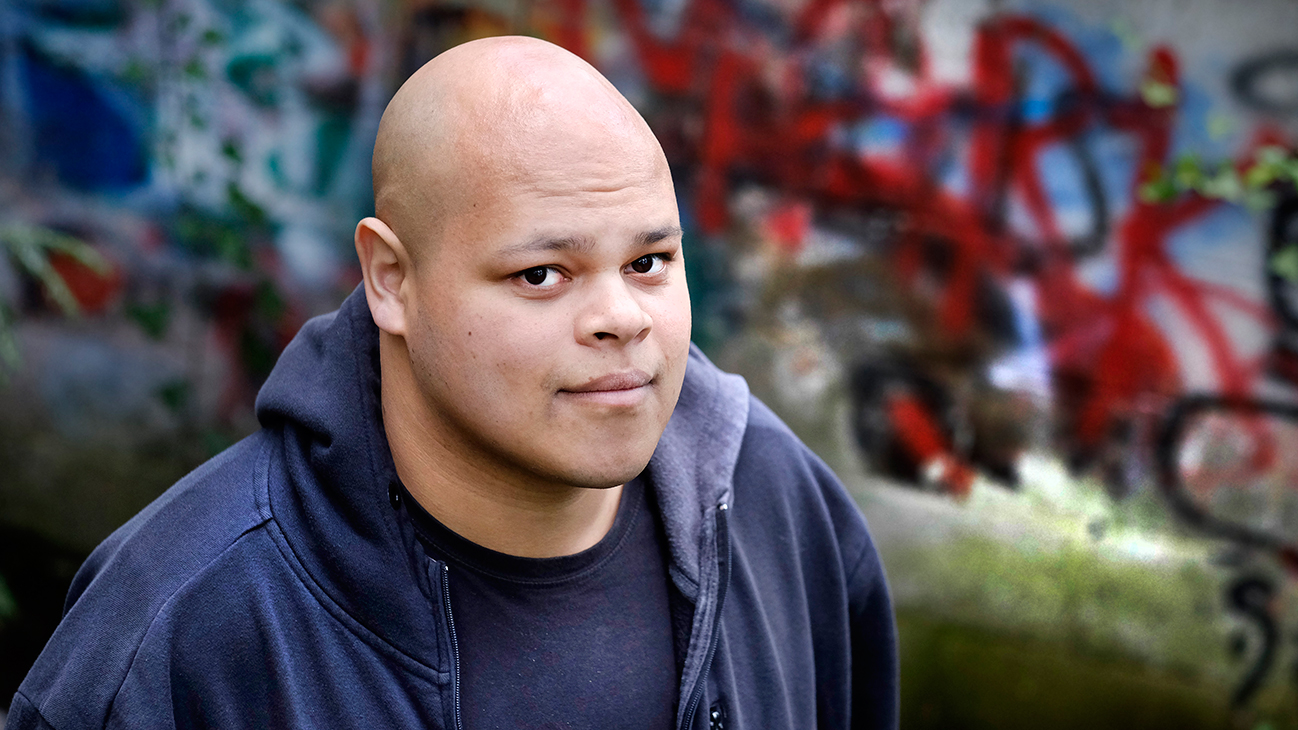Jamil Jivani is a lawyer, community organizer, and teacher at Yale Law School and Osgoode Hall Law School. His focus on youth, immigrants, and low-income families issues around policing, racial profiling, democratic participation, voter turnout and economic development has made him a go-to voice on these issues. He is also the founder of the Citizen Empowerment Project, a public education organization leading initiatives to enact meaningful change for these groups.
Jivani’s forthcoming book, Why Young Men–a personal look at the paths young men take and how to rethink what society can do to keep marginalized men from being left on the sidelines—is scheduled for release on March 27, 2018, and it’s now officially available for pre-order.
From the publisher:
The day after the 2015 Paris terror attacks, twenty-eight-year-old Canadian Jamil Jivani opened the newspaper to find that the men responsible were familiar to him. He didn’t know them, but the communities they grew up in and the challenges they faced mirrored the circumstances of his own life. Jivani travelled to Belgium in February 2016 to better understand the roots of jihadi radicalization. Less than two months later, Brussels fell victim to a terrorist attack carried out by young men who lived in the same neighbourhood as him.
Jivani was raised in a mostly immigrant community in Toronto that faced significant problems with integration. Having grown up with a largely absent father, he knows what it is to watch a man’s future influenced by gangster culture or radical ideologies associated with Islam. Jivani found himself at a crossroads: he could follow the kind of life we hear about too often in the media, or he could choose a safe, prosperous future. He opted for the latter, attending Yale and becoming a lawyer, a professor at Osgoode Hall Law School and a powerful speaker for the disenfranchised.
Why Young Men is not a memoir but a book of ideas that pursues a positive path and offers a counterintuitive, often provocative argument for a sea change in the way we look at young men, and for how they see themselves.

